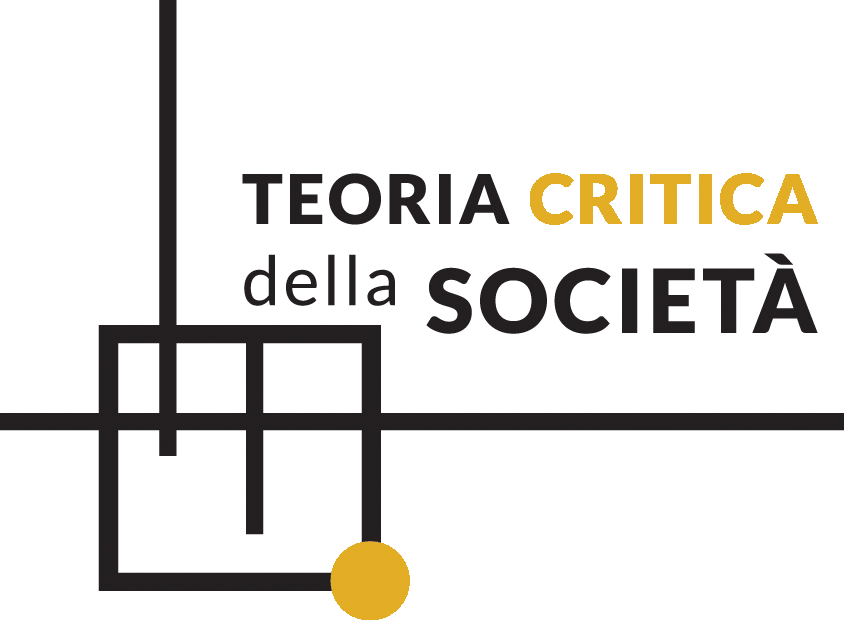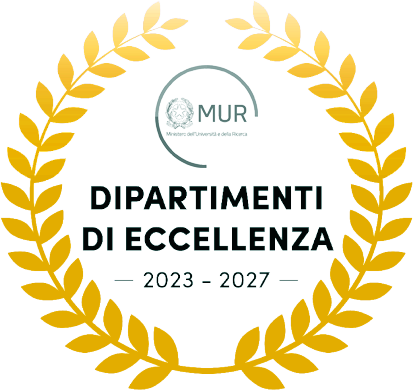confronting digital capitalism
Como—Italy
Villa Gallia—Spazio Natta
4—7 September 2024


The spectre of digital capitalism is haunting the world.
The so-called “AI boom” of the past few years has now taken centre stage in the public debate, scientific research, and in the political agendas of international institutions.
As the Global North seems to have embarked on a relentless journey towards the digital restructuring of our societies, the digital transition has given rise to new problems regarding the societal and political implications of new technologies.
Is a new form of digital capitalism emerging from the interplay of digital technology and pre-existing social relations? What is the direct impact of digital technology on human labour? How does this affect our life as a whole? And how is it revolutionising the public sphere?
More urgently, what is the role of emancipatory politics in this scenario?
These are some of the questions that tech enthusiasts and technophobes alike are ill-prepared to address.
The third edition of the Lake Como Summer School in Critical Theory of Society will gather scholars of renowned reputation to discuss these issues from different perspectives.
Keynote speakers
-

Gavin Mueller
University of Amsterdam
Gavin Mueller’s research centers on the politics of digital media and culture.
In his books, Media Piracy in the Cultural Economy (Routledge 2019) and Breaking Things at Work (Verso 2021), he examined resistance movements to contemporary digital capitalism in a historical perspective. -

Rachel O’Dwyer
National College of Art and Design, Dublin
Rachel O’Dwyer is a scholar of digital cultures.
Her research and writing focuses on the intersection of cultural and digital economies.
She is the author of Tokens (Verso 2023) and Ether (forthcoming in 2024, also with Verso). -

Tiziano Bonini
University of Siena, Italy
Tiziano Bonini is a cultural sociologist.
He has conducted ethnographic work on cultural consumption in the age of platform capitalism.
Together with Emiliano Treré, he is the author of Algorithms of Resistance (MIT Press 2024). -

Emiliano Treré
Cardiff University
Emiliano Treré is a scholar of social movements and digital activism, with a special focus on Latin America and the Global South.
He is the author of Hybrid Media Activism (Routledge 2019) and co-author (with Tiziano Bonini) of Algorithms of Resitance (MIT Press 2024).
Workshops
-

Philip Di Salvo
University of St. Gallen, Switzerland
Philip Di Salvo is a researcher and freelance journalist, with a special interest in investigative journalism, Internet surveillance, and the relationship between journalism and hacking.
-

Gala Hernández López
Paris 8 University Vincennes-Saint-Denis
Gala Hernández López is an artist-researcher and filmmaker. Her work articulates interdisciplinary research with the production of essay films, video installations and performances on the new modes of subjectivation specifically produced by computational digital capitalism.
Villa Gallia
Via Borgo Vico, 154
Como 22100
Italy
The main venue of the Summer School is Villa Gallia, an eighteenth-century neoclassical villa located alongside the lake in the city of Como, Northern Italy.
The side events of the Summer School will take place at Spazio Natta, an exhibition hall located in a sixteenth-century palazzo in the city centre of Como, Northern Italy.
Spazio Natta
Via Natta, 18
Como 22100
Italy
Programme
-
Morning session (10:30 a.m.—1 p.m.)
Registration and induction
Afternoon session (2 p.m.—4 p.m.)
TBD
Afternoon session (4:30 p.m.—6.30 p.m.)
TBD
-
Morning session (10:30 a.m.—1 p.m.)
TBD
Afternoon session (2 p.m.—4 p.m.)
TBD
Afternoon session (4:30 p.m.—6:30 p.m.)TBD
-
Morning session (10:30 a.m.—1 p.m.)
TBD
Afternoon session (2 p.m.—4 p.m.)
TBD
Workshop (4.15 p.m.—5.45 p.m.)
TBD
-
Morning session (10:30 a.m.—1 p.m.)
TBD
Admission
Admission is open to all scholars, students, and activists who have a strong interest in the topic of the summer school. Priority will be given to graduates and organisers who work in the field.
The summer school can host up to 24 participants.
Due to the limited number of available places, prospective participants are requested to submit a formal application and will only be admitted after they have successfully passed a selection process.
Application deadline
The deadline for submissions is Friday, 24 May 2024 at 11:59 p.m. CET (UTC + 01:00).
We expect to be able to notify successful applicants by mid-June.
Enrolment fee
The cost of admission to the summer school is € 500.00 per student.
The fee includes access to all summer school activities, lunch boxes, dinners, and coffee or tea for the entire duration of the summer school.
Accommodation is not included.
Accommodation
Accommodation is not provided and must be arranged and paid for by participants.
However, we may recommend options with discount rates after admission.
How to apply
Please send your CV (2-3 pages max) and a statement of purpose (300-400 words), describing your motivation to participate in the summer school, using this form. We cannot accept submissions after the application deadline.
Past editions
-

organising emancipation
7—10 September 2022
-

organising climate action
6—9 September 2023
Contact us
If you have any queries regarding the summer school, please feel free to contact us using the form below.


